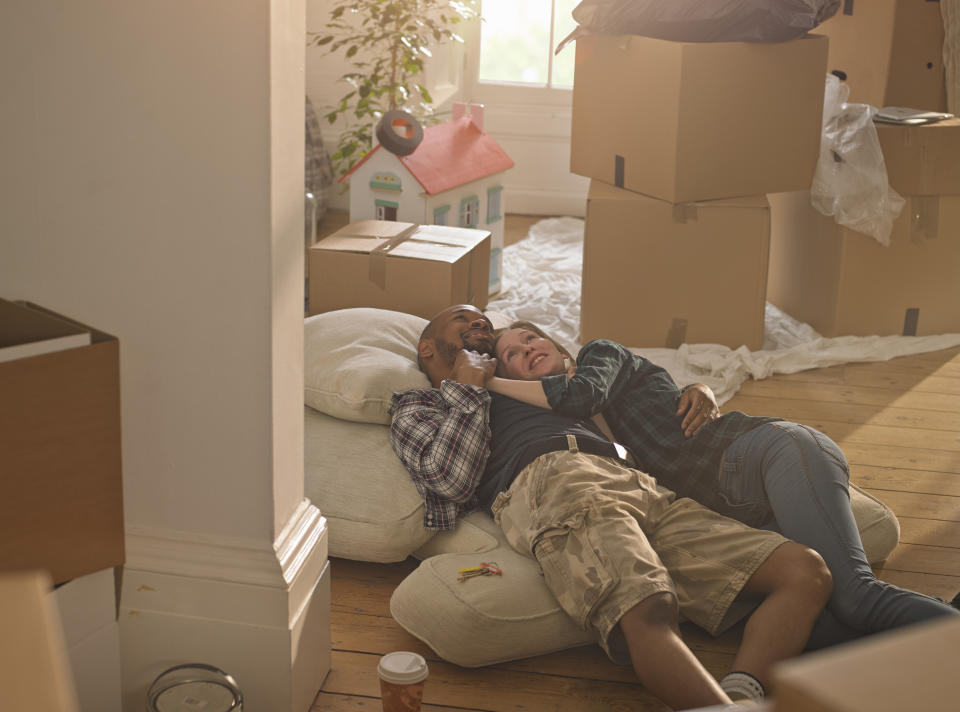How many Australians regret buying a home? None

Editor: This is the third part of Stephen Koukoulas’ 4-part series on why you should buy a home NOW. You can read part 1 and part 2.
The previous two articles on housing have highlighted the medium to long run financial benefits of buying a house and how the current house price weakness has seen affordability improve.
If you don’t believe me, ask some people who own their own house and who bought it 10, 15 or 20 or more years ago.
While I cannot prove that everyone who has bought their own house to live in and owned that house for 10 years and more is completely happy with that decision.
But over the past month or so, as I prepared to write these articles, I made the effort to informally ask friends, families, colleagues and associates who had bought and lived in their house for a decade or two what they thought about it.
The verdict? Universally terrific!
The best thing they ever did, financially at least.
Zero per cent of them – that is none, zilch, zip, not one – regret their decision. The financial gains have been obvious, but many also relayed the non-financial benefits that were outlined earlier.
The fact they could improve and renovate it with their hard work and a bit of spending, the stability and security it delivered were a clear positive.
Sure, many mentioned it was tough to take the first step into the housing market. Sacrifices in spending, saving every dollar, borrowing what at the time was a mountain of money, often with high interest rates and with expensive family commitments, were all mentioned.
And there were plenty of stories of tough times. Unexpected interest rate rises (how many
of the oldies mentioned those 17 per cent mortgage interest rates!), the hit to the household budget from an unexpected expense or a jolt from having a family were all mentioned as problems to negotiate despite the universal positive experience.
But now, some 10 or 20 or 30 and more years down the track, there was the acknowledgement of the price gains, the ease over time in making the mortgage payments as wages rose and for the older folk, at or near retirement, they noted the fact they had some additional financial security without the drain of having to pay rent in retirement.
Indeed, some even mentioned how fantastic it was for them that they had downsized, selling their original family home for a small fortune, had bought a smaller home to live in in retirement with a chunk of tax-free cash left over from the transaction to spend on some of the nice to do things in life.
Europe here we come!
Make your money work with Yahoo Finance’s daily newsletter. Sign up here and stay on top of the latest money, news and tech news.
Now read: Fintech investment doubled while Australian banks got hammered
Now read: 10 startups that Telstra just poured money into
Now read: DRUNK & PASSED OUT – QANTAS flight attendant loses unfair dismissal appeal

 Yahoo Finance
Yahoo Finance 